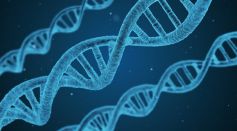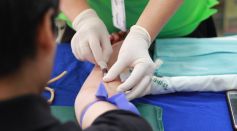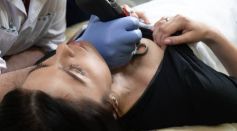MEDICINE & HEALTH

Around 6 Million Middle and High Schoolers Used Tobacco Products in 2019

Holiday Drinks Contain 23 Teaspoons of Sugar

Malnutrition and Obesity Are Now Inseparable, According to a New Report

Processed Meat Containing Sodium Nitrite May Cause Colon Cancer

Five Achievable New Year's Resolution For Those With Depression

Decrease in Rare Genetic Diseases Possible With A.I. Assistance
How to Mix HCG Injections: The Ultimate Guide

Study Shows that US Life Expectancy is on the Decline

Trial Vaccine and Treatments for Kidney Cancer

Are Spider Bites Really Dangerous Or Is It Time We Change Our View of the Poor Arachnid?

The Overlooked Link Between Exercise and Migraine

A New Drug Is Said To Target Breast Cancer Cells?

A New Study Supports Benefits of Non-Drug Therapies for Chronic Pain

5 Best Supplements for Weight Loss
Most Popular

NASA Reveals an Astronaut Was Medically Evacuated From the ISS for the First Time After a Non-Emergency Health Scare

Sun Reaches Solar Maximum: What the Intensifying 11-Year Solar Cycle Means for Earth

How the Immune System Fights Diseases: Antibodies, Vaccines & Lasting Protection

Ancient Interbreeding Between Neanderthals and Modern Humans Revealed





